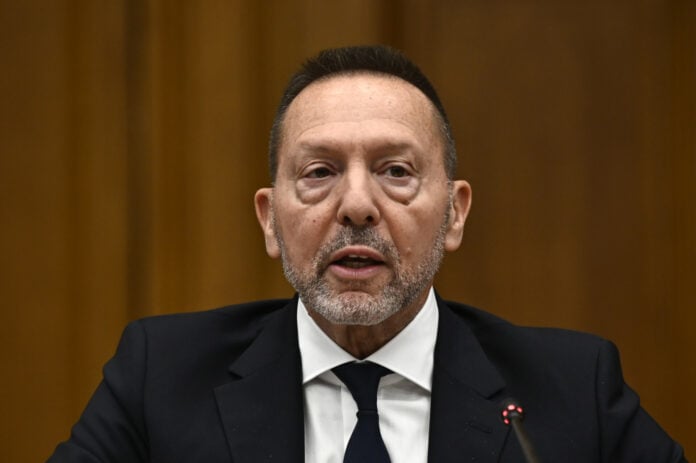The importance of financial literacy and financial education of young people was emphasized by the governor of the Bank of Greece, Yannis Stournaras, in his speech at the educational conference on the topic “Money: Savings – Investment – Economic Development”.
As he said during his greeting at the event, the conference and the bank’s general goal are for students to “understand how the economy works and take properly informed financial decisions”, as financial literacy is one of the most useful skills that can be provided to young people, “so that they are able to protect themselves from financial risks and manage as successfully as possible any difficult situations that may arise due to macroeconomic shocks.”
According to the OECD report, 40% of high school students in Greece have a bank account in their name, while more than one in five use bank insurance products or prepaid cards. Around 15% of students declare that they have savings and investments, 10% report that they have purchased cryptocurrencies and around 75% of students have made a purchase online.
Nevertheless, in the Greek education system, financial education remains fragmented and outside the main curriculum, Stournaras pointed out. “Although steps have been taken, concepts such as interest, return on investment and risk management are still absent from everyday teaching reality” and therefore “actions are required to promote financial knowledge in schools,” he added.
“Financial literacy is not just an educational or social goal. It is a strategic pillar of development policy,” emphasized Stournaras.














